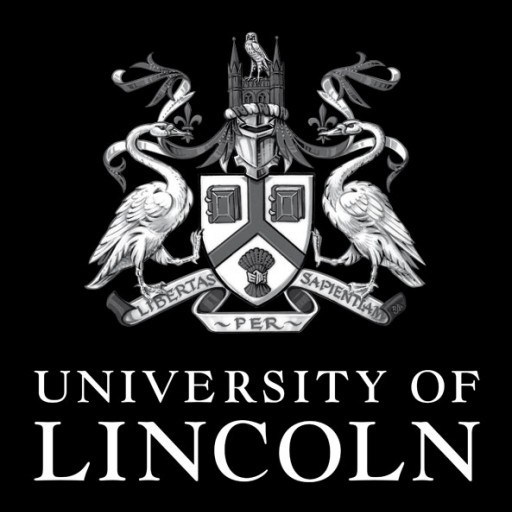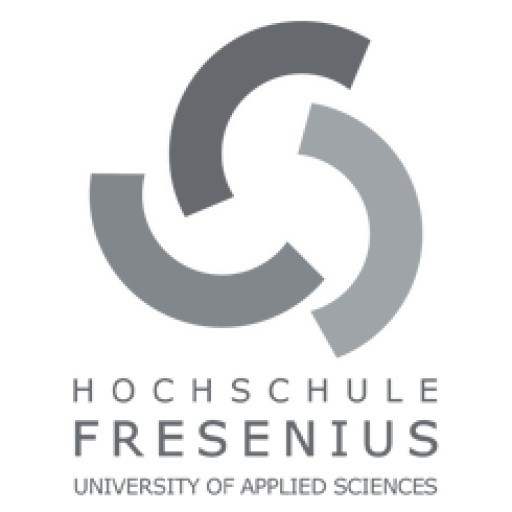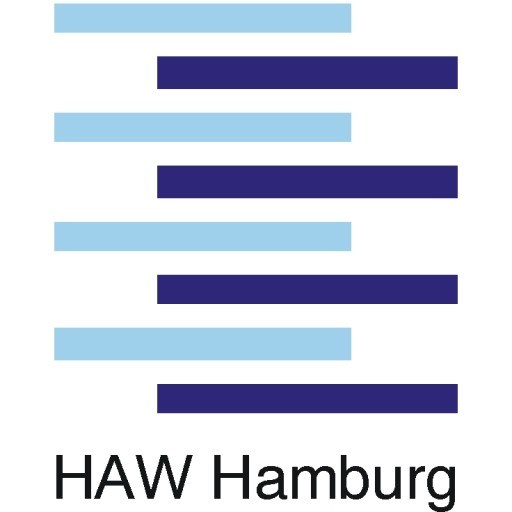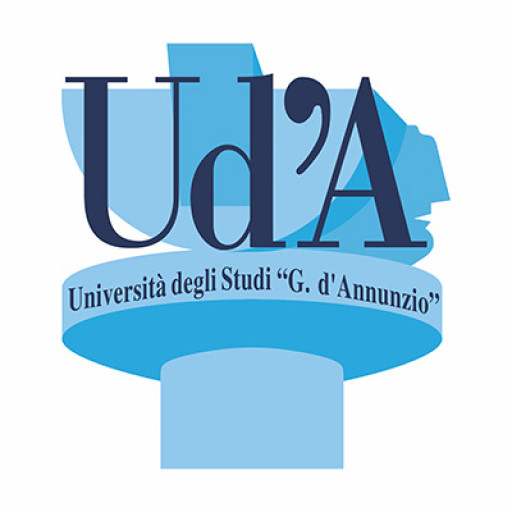A degree in Pharmacy and Pharmacology area is a perfect choice for those who are interested in medicine and healthcare, loved Chemistry and Biology in high school and wish to receive an interesting and well-paid profession. Pharmacy is dedicated to producing, developing and realization of medicaments.

Entry requirements
Students wishing to apply for an undergraduate study program in pharmacy need to have high grades in Chemistry, Biology and Physics. Some universities organize entry exams in these study fields for undergraduate applicants. English fluency is always required - students, whose native language is not English, need to provide results of a language test, such as TOEFL or IELTS. If you wish to study pharmacy in foreign university, you also need to meet special visa requirements of the chosen country. Some universities help successful applicants with receiving a student visa.
Note that admission to pharmacy study programs is usually highly competitive.
Pharmacy program structure
Universities around the world usually offer BPharm and MPharm (Bachelor of Pharmacy and Master of Pharmacy) or BSci and MSci (Bachelor of Science and Master of Science) study programs for students wishing to study Pharmacy. The main difference between BPharm and BSci study programs is that the Bsci study programs are usually more focused on research.
Undergraduate study programs in Pharmacy usually last from three to five years, graduate programs - from one to three years. Note that completing an undergraduate degree in Pharmacy is usually not enough for starting a career as a professional pharmacologist. Most pharmacy companies require at least a Master’s degree in Pharmacy area, so get ready to spend a lot of time studying. However, you can start a career during your study period - a lot of universities provide this opportunity to students. Received work experience helps a lot with future employment.
Besides internships and paid part-time work, study programs in Pharmacy include lectures, seminars and practice lessons. Students need to pass final exams or/and write a dissertation in order to complete a degree and receive a diploma.
Main pharmacy skills
Usually a degree in Pharmacy and Pharmacology area is highly practical, so graduates receive diverse specific skills which will be useful only in pharmacy area, such as knowledge of facts relating to the production and developing of medicaments, ability to work with specific documentation, analysis of medicaments, specific knowledge of law and ethics related to pharmacy, medicine and healthcare area.
Besides specific knowledge and skills in Pharmacy field, graduates receive various transferable skills, such as communication with patients and healthcare corporations, research skills, which can be useful in Chemistry, Biology and Medicine research fields, teamwork, organisation and leadership skills, ability to work with commercial products, critical and methodical thinking, and many others.














































